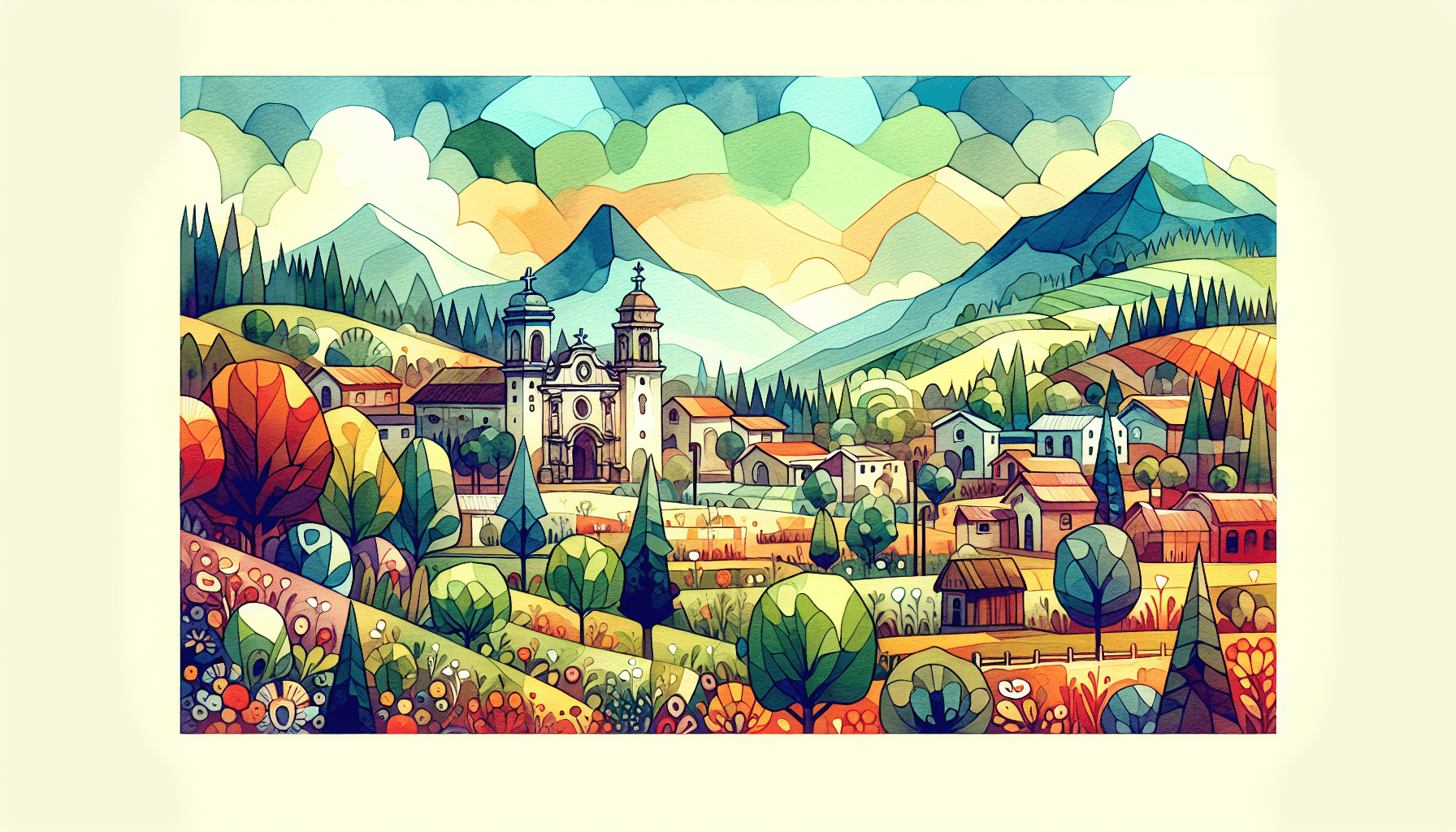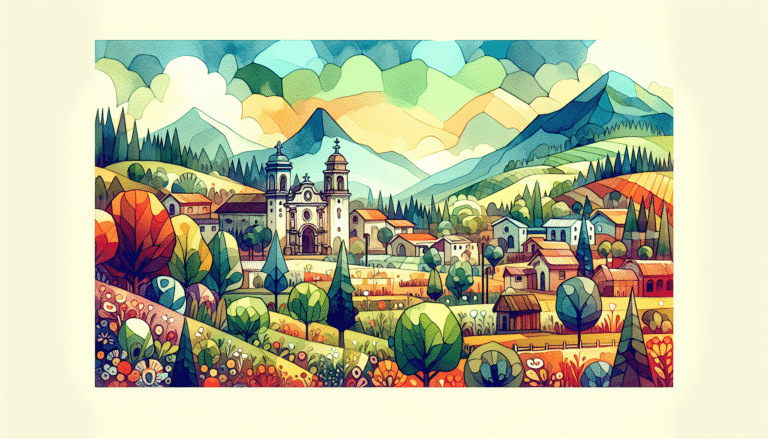Spanish Sojourns: Enchanting Tales for Language Enrichment (Version in Spanish and in English)
Reflexiones sobre la historia «Sojourns Españoles: Cuentos Encantadores para el Enriquecimiento del Idioma» (Versión en español)
A través de «Sojourns Españoles: Cuentos Encantadores para el Enriquecimiento del Idioma», exploramos el entrelazamiento intrincado de la vida, el idioma y el poder encantador de las historias. Proporciona consuelo en el recordatorio de que cada historia contiene dentro de sí misma otro cuento, a menudo no contado pero resonando silenciosamente con su gloria no cantada.
El amor de cada personaje por el idioma español revela un afecto más profundo por su herencia y las historias que la conforman. Nos obliga a reconocer esas narrativas de nuestras vidas que permanecen invisibles pero continúan dando forma a nuestra existencia, cerrando la brecha entre la realidad y la imaginación.
Este discurso reconfortante espera convencer a sus lectores para percibir el amor y la inspiración que dan vida a un idioma, fomentando así la voluntad de sumergirse en el trascendental viaje del aprendizaje y la práctica del idioma.
Sojourns Españoles: Cuentos Encantadores para el Enriquecimiento del Idioma (versión en inglés) Había una vez un hombre llamado Don Santiago, un librero anciano pero carismático en la ciudad mágica de Toledo, España. Santiago poseía un talento innato para contar historias tan vibrante como sus ojos marrones cálidos que bailaban de alegría cada vez que retomaba un cuento. Sin embargo, bajo su comportamiento jovial, yacía una tristeza persistente derivada de un misterio no resuelto, un cuento propio que aún tenía que descubrir.
Un misterioso libro había residido en su tienda durante décadas, una novela española sin nombre de autor. Aunque Santiago había leído innumerables libros, esta novela le atraía más, su trama intrincada y el uso elocuente del idioma español la hacían su compañera durante las tranquilas tardes de contemplación.
«¿Quién podría haber escrito tal cuento encantador?» Solía preguntarse, su mirada perdida en el mar interminable de palabras escritas, ricamente decoradas con complejidad temática y elocuencia metafórica.
Una mañana de martes, justo cuando el sol comenzaba a calentar las calles empedradas de Toledo, Santiago recibió la visita de una extraña. Era joven, sus delicadas facciones brillaban con la esperanza de la juventud. Pero lo que más interesaba a Santiago era su parecido con un personaje del misterioso libro.
Santiago se presentó, igualando la calidez de la chica con la suya, un anfitrión cortés para una visitante intrigante. Con un acento claramente nativo, se reveló como Marisol, una escritora de Madrid que recorría el país.
«¿Podría ser esta la autora?» Meditaba Santiago.
En la conversación subsiguiente, el lenguaje de Marisol fluía como la prosa de su libro favorito, sus expresiones se transformaban en un ballet de palabras que ecoaba el sentimiento nostálgico de la historia.
Después de la revelación de un sentimiento particularmente poético, Santiago exclamó: «¡Eso es exactamente lo que dice el libro!»
Confundida, Marisol frunció el ceño. Santiago le entregó urgentemente la novela misteriosa, revelando su urgencia por el brillo en sus ojos.
Al leer el libro, el semblante de Marisol cambió al pasar de la sorpresa a la alegría llorosa. «Don Santiago, ¡este es mi libro!» Confesó. «Una vez dejé un borrador aquí para que lo encuadernaran y olvidé recogerlo. ¡Parece que encontró un hogar amoroso!»
Don Santiago se sintió abrumado por la exultación, el misterio sin resolver finalmente llegó a un final afortunado. «¡El libro encontró amor, de hecho, y vaya cuento que esto hace!» Se rió, superado por la alegría.
Marisol y Don Santiago se convirtieron en buenos amigos. Pasarían las tardes discutiendo su amor por los libros y la belleza del idioma español. Los lectores que visitaban la tienda ahora eran recibidos con el encantador cuento del libro misterioso y su autora invisible.
Años después, Don Santiago le pasó su tienda a Marisol. Ella continuó con el legado de Don Santiago, inspirando a generaciones con sus vívidas historias en la encantadora librería de Toledo.
Este relato, arraigado en la herencia hispana, sirvió no solo a Miguel sino a todos aquellos que buscaban consuelo en la forma de historias susurradas sobre el mostrador. La panadería de Pedro, viva con el intercambio de cuentos y lenguaje, celebraba la esencia del Patrimonio Hispano, cultivando la comprensión cultural de la manera más encantadora.
Reflections on the story «Spanish Sojourns: Enchanting Tales for Language Enrichment»
Through ‘Spanish Sojourns: Enchanting Tales for Language Enrichment’, we explore the intricate intertwining of life, language, and the enchanting power of stories. It provides comfort in the reminder that every story holds within itself another tale, often left untold but quietly resonating with its unsung glory.
Each character’s love for the Spanish language reveals a more profound affection for their heritage and the tales that make it. It compels us to acknowledge those narratives of our lives that remain unseen but continue to shape our existence, bridging the gap between reality and imagination.
This comforting discourse hopes to convince its readers to perceive the love and inspiration that breathes life into a language, thereby fostering a will to dive into the transcendental sojourn of language learning and practice.
Spanish Sojourns: Enchanting Tales for Language Enrichment (English version)
There once lived a man named Don Santiago, an aging yet charismatic bookseller in the whimsical town of Toledo, Spain. Santiago possessed an uncanny talent for storytelling that was as vibrant as his warm brown eyes that danced with delight as he recommenced each tale. Yet, beneath his jovial demeanor, there lay a persisting sorrow derived from an unsolved mystery, a tale of his own he was yet to uncover.
A mysterious book had resided in his shop for decades, a Spanish novel void of an author’s name. Though Santiago had read countless books, this novel allured him the most, its intricate plot and eloquent use of the Spanish language making it his companion during quiet afternoons of contemplation.
«Who might have penned such an enchanting tale?» He would often wonder, his gaze lost in the endless sea of penned words, richly decorated with thematic complexity and metaphorical eloquence.
One Tuesday morning, just as the sun began to warm the cobblestone streets of Toledo, Santiago received a visit from a stranger. She was young, her delicate features bright with the hope of youth. But what interested Santiago most was her resemblance to a character in the mysterious book.
Santiago introduced himself, matching the girl’s warmth with his own, a courteous host to an intriguing visitor. In a distinctly native accent, she revealed herself to be Marisol, a writer from Madrid touring the country.
«Could this be the author?» Santiago mused.
In the ensuing conversation, Marisol’s language flowed like the prose in his favorite book, her expressions transforming into a ballet of words that echoed the story’s nostalgic sentimentality.
After the revelation of a particularly poetic sentiment, Santiago exclaimed, «That is exactamente what the book says!»
Confused, Marisol raised an eyebrow. Santiago urgently handed her the mysterious novel, revealing his urgency by the spark in his eyes.
As Marisol read the book, her demeanor changed as she moved from shock to tearful joy. «Don Santiago, this is my book!» She confessed. «I once left a draft here to be bound and forgotten to retrieve it. It seems it found a loving home!»
Don Santiago was overcome with sheer exultation, the unsolved mystery finally reaching a fortuitous end. «The book found love indeed, and what a tale this makes!» He laughed, overcome with joy.
Marisol and Don Santiago became good friends. They would spend afternoons discussing their love for books and the beauty of the Spanish language. Readers visiting the store were now welcomed with the enchanting tale of the mysterious book and its invisible author.
Years later, Don Santiago passed his shop down to Marisol. She carried on Don Santiago’s legacy, continuing to inspire generations with her vivid stories in the charming little bookstore at Toledo.
Abraham Storyteller (Abraham Cuentacuentos)
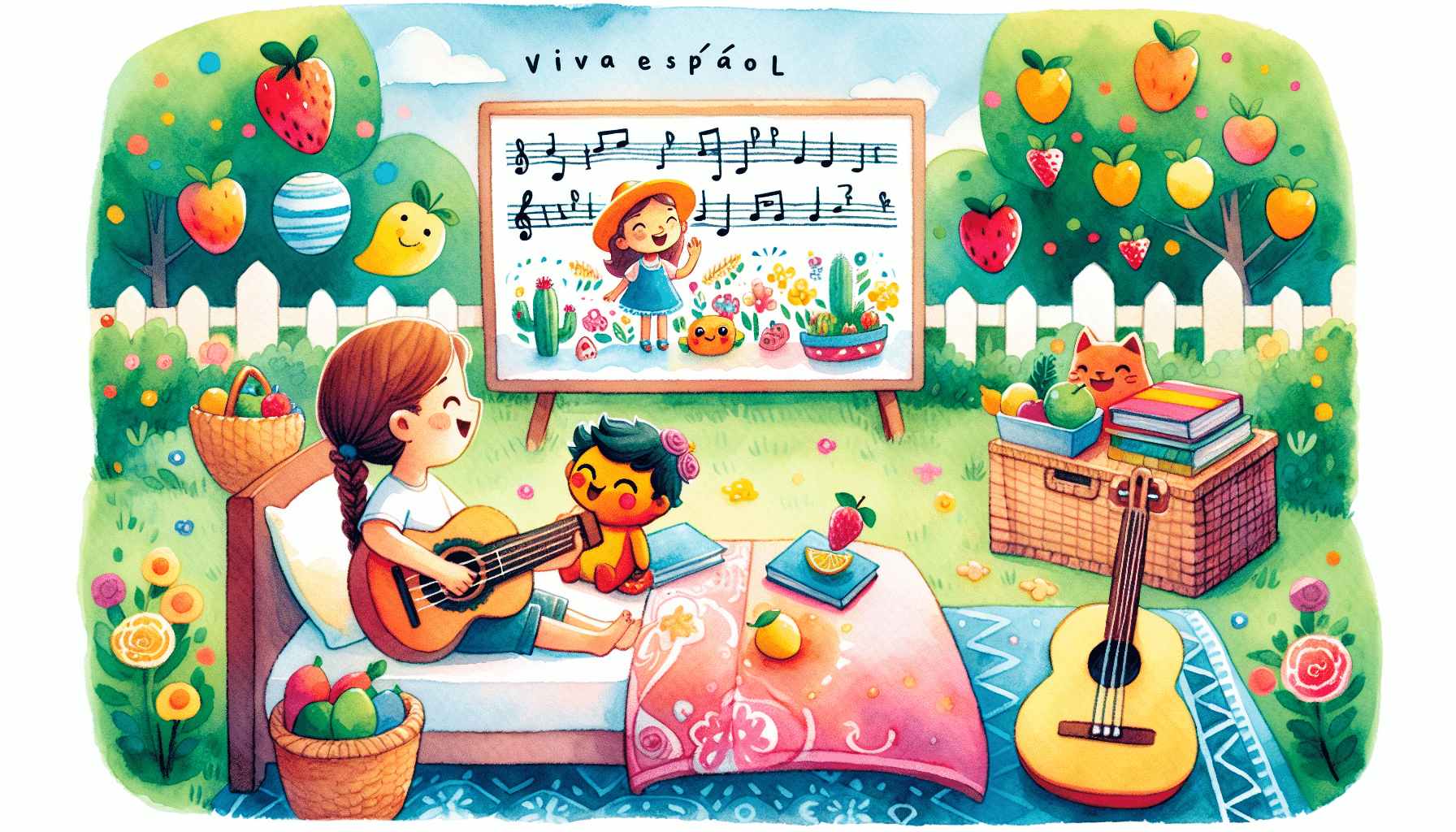
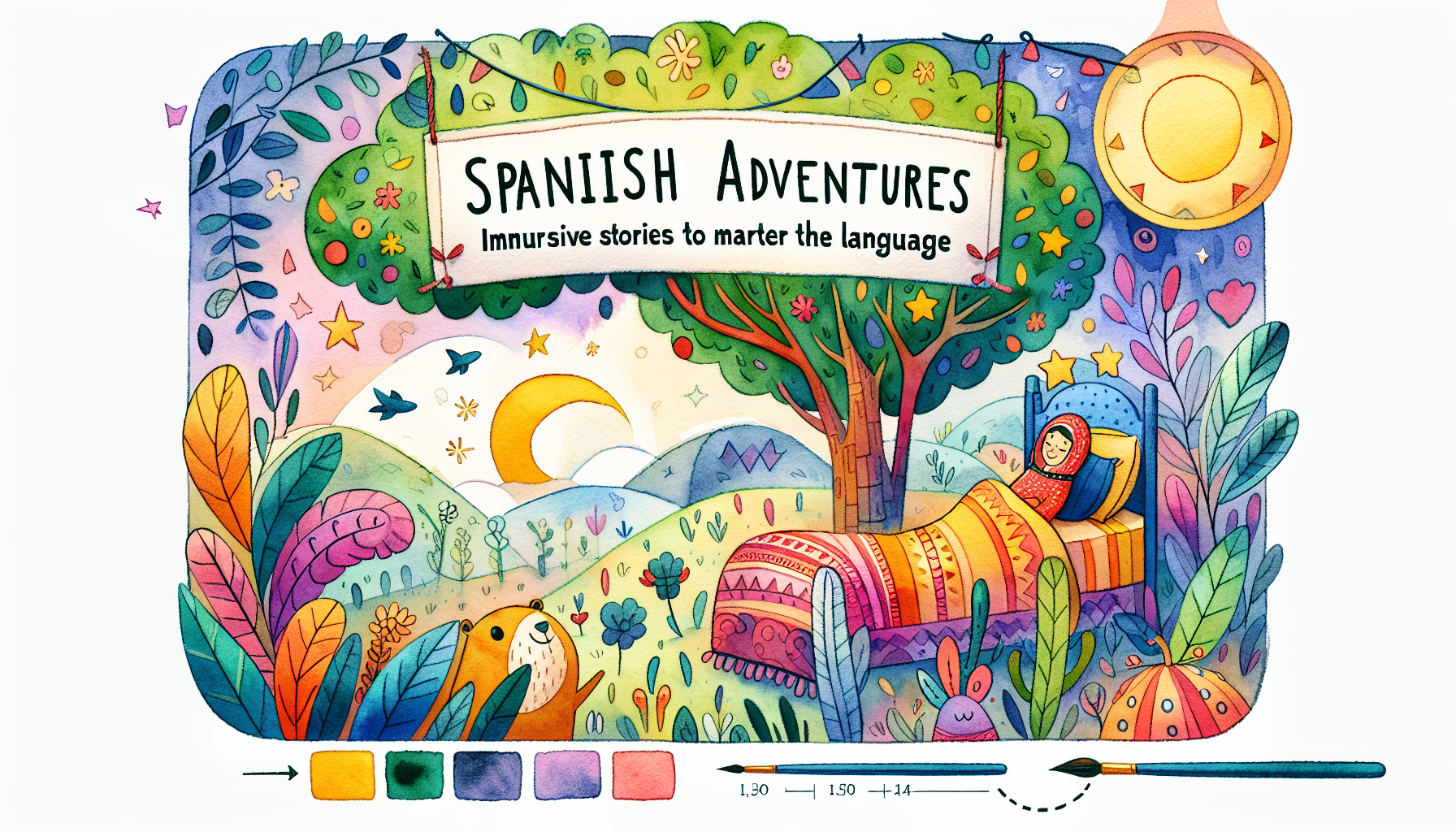 Spanish Adventures: Immersive Stories to Master the Language (Version in Spanish and in English)
Spanish Adventures: Immersive Stories to Master the Language (Version in Spanish and in English)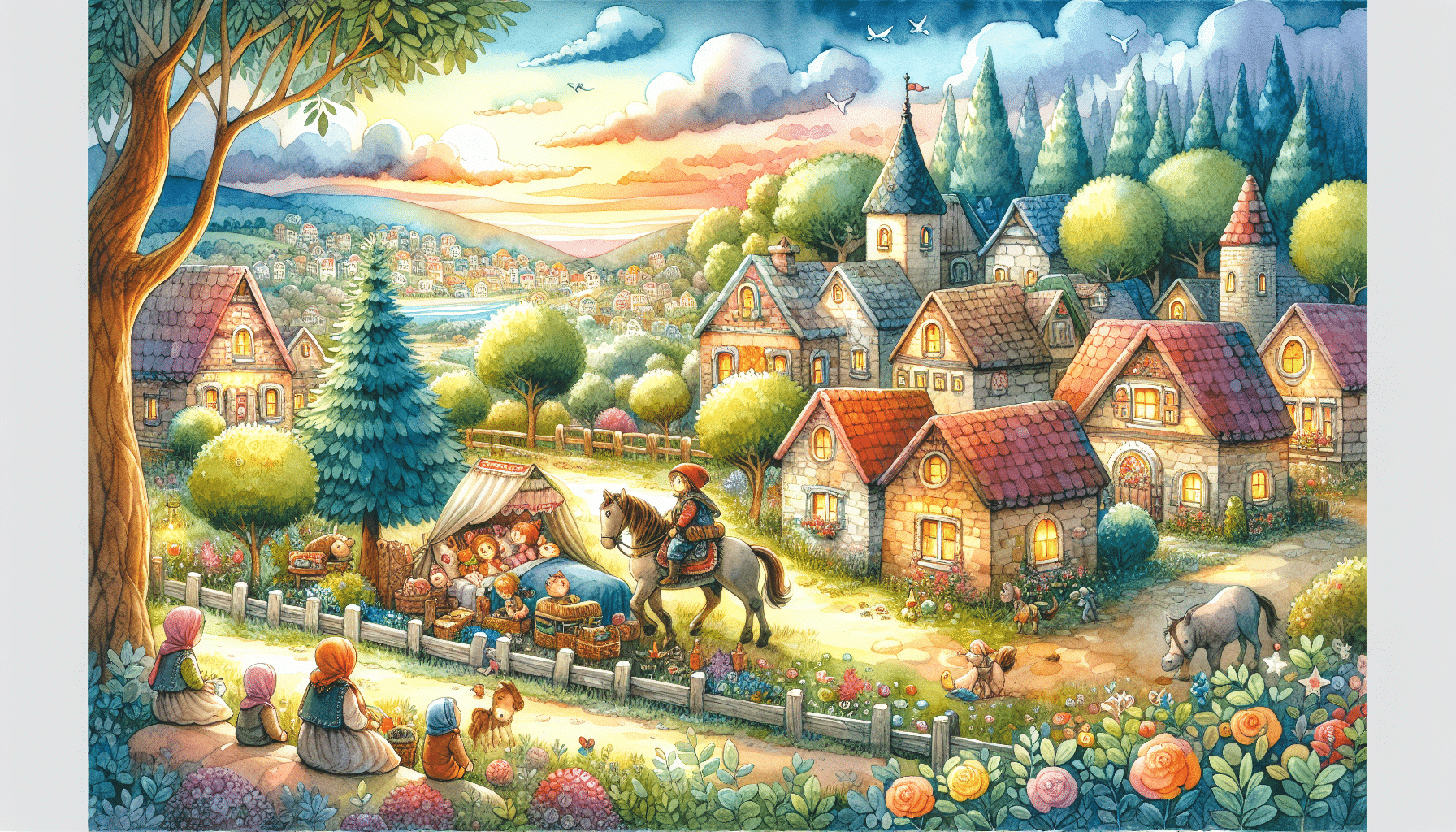
 Hispanic Heritage: Captivating Spanish Stories for Cultural Understanding(Version in Spanish and in English)
Hispanic Heritage: Captivating Spanish Stories for Cultural Understanding(Version in Spanish and in English)